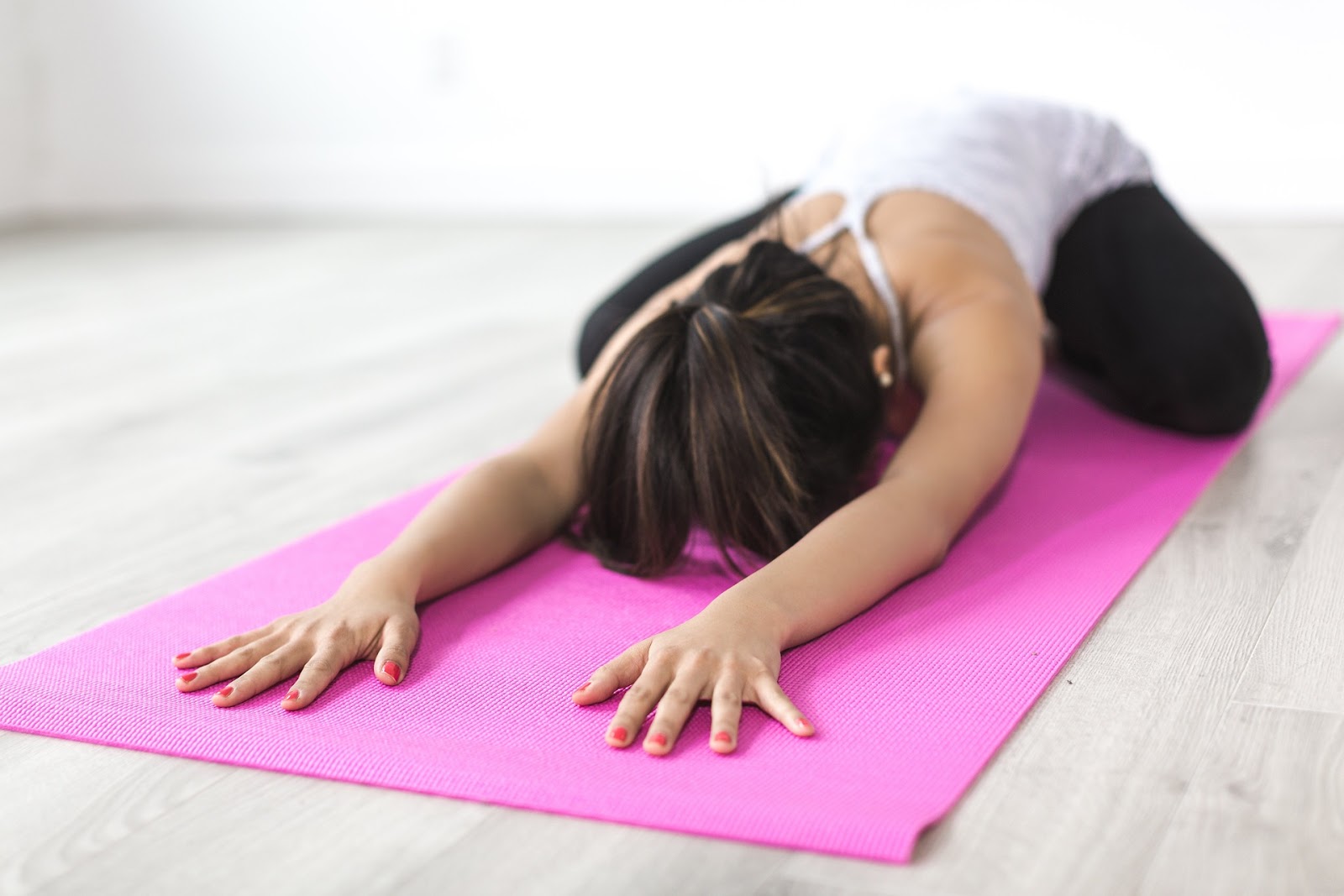Recovery is an enduring commitment that will require change to become healthy. Maintaining sobriety and good health will require self-care and structured routine at work and in the home. Addiction also takes a physical toll. One of the best ways to strengthen recovery is through fitness.
Benefits of Physical Fitness
Being fit has many advantages, including for self-esteem, confidence and overall wellness. Physical health aids mental health, and both are essential to facilitate recovery. Exercise can aid the mind, as it helps the body produce mood-enhancing chemicals. This may help reduce anxiety, depression and stress, which can be triggers for relapse. Choosing the right activity takes time, but, fortunately, you don’t have to become a gym rat to boost health. Just 2.5 hours of activity each week can improve overall well-being.
Even walking is a great activity, as you can do it anywhere while potentially giving yourself distraction from stress. It’s also an incentive to explore your surroundings. Another low-intensity form of workout is yoga. This is a calming discipline that can measurably affect wellness. As you progress to being fitter, consider trying out cycling and swimming.
Set Up a Home Gym
If you’re not ready to join a gym or if getting to one is difficult, consider putting together a gym in your home. A home gym offers convenience at a fraction of the cost of a gym membership. You can keep things simple and affordable by purchasing some dumbbells and resistance bands. Or if you’re willing to spend a little more, you can add an elliptical machine (models are available for under $200) or exercise bike. If you really want to go the extra mile, you could add a few amenities like rubber flooring and a ceiling fan. You can DIY this work or just hire a local handyman for the job (pros charge an average of $367 in Tampa).
Practice Self-Care
One of the foundations of improving mental health is self-care. Keeping on the right track to recovery means some adjustments. Good nutrition is one aspect. Food, especially sugar, and caffeine may end up becoming an addiction substitute. Caffeine and sugar, in particular, can reproduce fleeting highs and crashing lows. This can be an acute threat to recovery. You don’t have to be obsessive about food. Simply emphasize a diet rich in vitamins and minerals, with plenty of vegetables and ensure you are well-hydrated.
Self-care also means avoiding isolation. Relationships and interests can be undermined by addiction, so use recovery to make connections and pursue hobbies and life goals. Healthy relationships with friends and family can provide invaluable emotional support. Self-care strategies will be an essential complement. Continuing therapy post-treatment is one means to achieve this, and therapists may offer techniques to practice self-care.
Sleep Is Important
Getting enough sleep can be challenging, but is important. Sleep is one of the best ways you can reduce stress and replenish yourself. Without getting enough sleep, our immune systems become lowered which can make us susceptible to getting sick. Turning your bedroom into a sanctuary can be the best way to relax and have a restful night. Technology, such as cell phones and tablets, should be shut down at least one hour before bed as they can be disruptive to sleep. Avoid stimulants like caffeine and sodas as they, too, can interfere with sleep patterns. Before sleep, consider consuming warm milk or an herbal tea like chamomile prior to going to bed.
Maintain Healthy Routines
Having a long-term routine and structure is necessary for a successful recovery. Even when we don’t feel like it, routine can have lasting impact on mental health. Basic routines overlap with self-care such as showering daily, eating at regular times and having stable sleep patterns. Other forms of routine can also be practiced daily, which can benefit overall health.
Meditation, for instance, can foster an environment of calm and peace, and help manage negative emotions and stresses. Journaling nightly, taking weekly baths, or practicing art can also encourage routine. Long-term routines will require predictability.
Knowing when you will be eating, leaving for work, working out and going to bed can ensure you maintain all-around healthy routines. However, it will be important to find balance while doing so, and to be vigilant against feeling like you’re stuck in a rut.
Practicing self-care will be essential to a successful recovery. Taking care of yourself will give you an effective way to protect against relapse and maintain good mental health. Prioritizing routine, healthy sleep patterns and exercise among other things can create positivity and help sustain sobriety.
Image Courtesy of Pixabay.com


